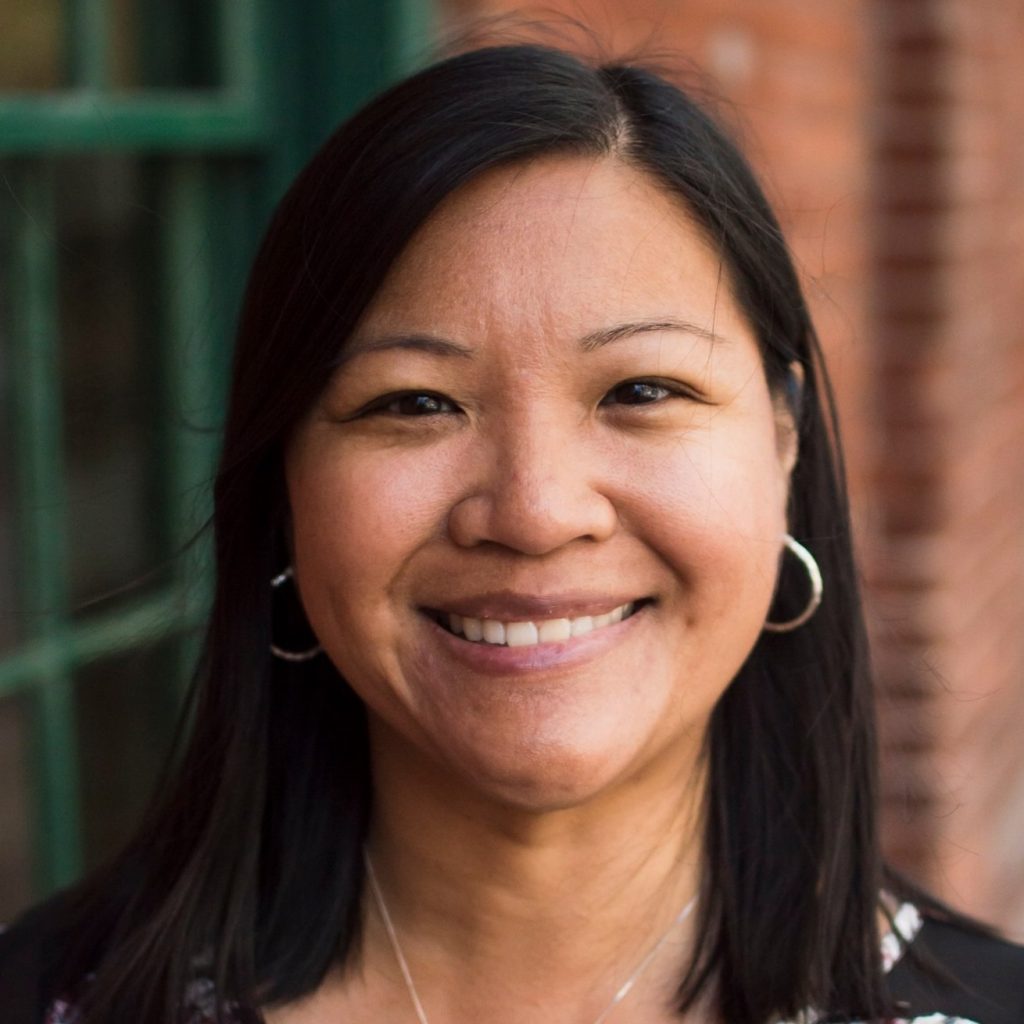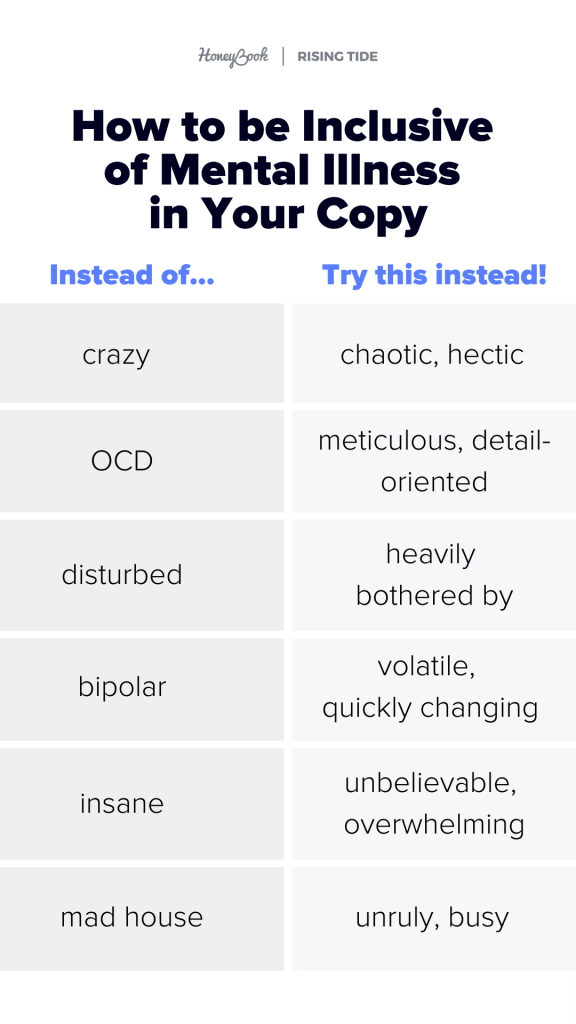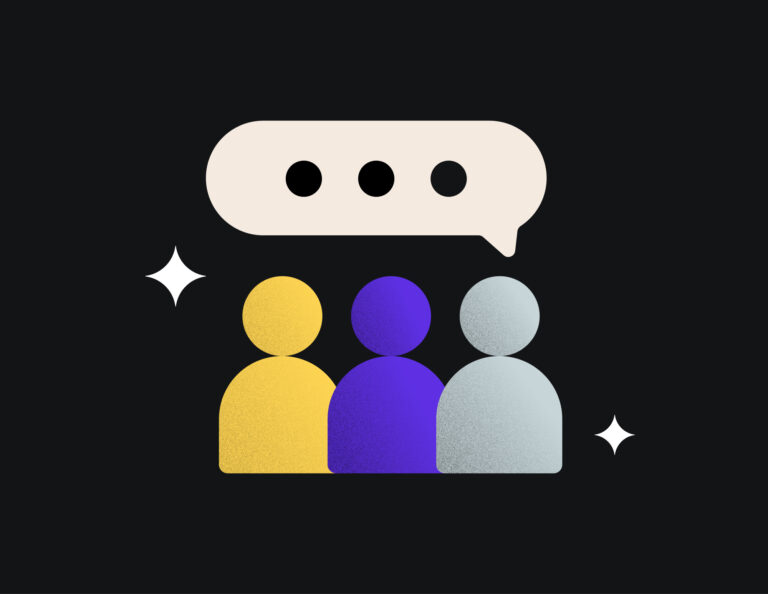
I’m Florence! I help young professionals balance mental health and their career through coaching. With my own lived experience of mental health, I want to help others navigate their mental health and work life.
In my teen years, my dad passed away and I suffered from situational depression. In my late twenties, I had a mental breakdown. I had a break with reality where I thought I was on a scavenger hunt and the prize was seeing my dad again. This happened while I was living with my oldest brother. Obviously, he was concerned for me and what I was experiencing. He took me to the emergency department where I was admitted to the psychiatric ward. This was when I was first diagnosed with schizoaffective disorder. Over the years, and with several more hospitalizations, I am now managing my mental illness in a much better place. I can’t lie, it is challenging at times and I have had setbacks along the way.
Through my own experiences, I realized how much young professionals need peer support to navigate their mental health and their work life. I offer peer support as a coach so they can find the optimal balance between the two. Ultimately, I want to let people know that they are not their disability.
Inclusive Language
I also want to help others find more inclusive ways to talk about mental health and to begin removing harmful mental health metaphors from the way we speak and write. I’m the first to admit that I myself catch myself using these trigger words because they just naturally are my go-to words. I’m challenging myself and others to think of new, less hurtful words from their vocabulary.
Switching out a few words in your daily vocabulary could have a huge, positive impact on others around you. Many words have a foundation in a negative mental health connotation and repeated use of them can further create incorrect stigmas around mental health or even undermine very serious conditions. As we close out the month covering brand voice and copywriting and enter into World Mental Illness Awareness Week, we want to shed light on how we can be supportive and make small but meaningful changes to support those around you.
We hope you’ll consider some of these replacements.
Instead of… Try this instead!

*This is not a complete list — there are many words and phrases that can be harmful to people in different groups or cultures, people with certain ailments or disabilities or people from certain locations. If someone tells you that a word you are using is harmful, respect their expertise. When in doubt, you can always ask.



